Surprising Reasons You're Itchy

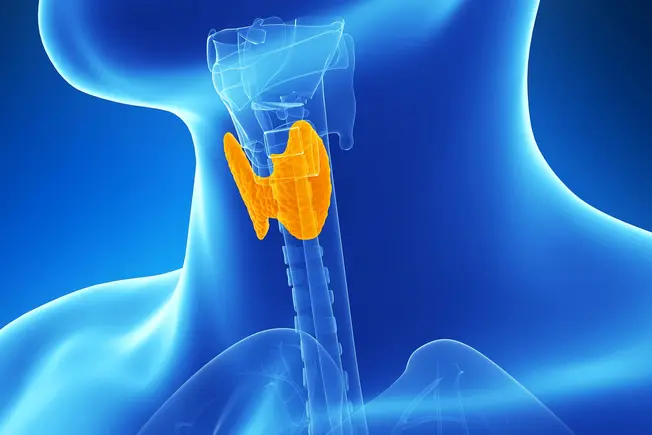
Problems With Your Thyroid
It's a gland in your neck that makes a hormone that helps your body store and burn energy. If it doesn't make enough, you could feel tired, weak, achy, and foggy-headed. You could also get dry, itchy skin. It's more common in women who might notice changes in their monthly cycle or problems getting pregnant. You might be able to manage it with artificial hormones and other treatments.

Pregnancy
When you're expecting, your body sends more blood to the skin and stretches it over your belly, which may cause mild itching. You can manage it with loose, breathable clothing, cool baths, and moisturizers. If the itching is really bad, especially on your hands or feet, it could be a more serious condition called cholestasis. It's caused by a buildup of bile salts from your liver. Your doctor will watch you and your baby closely.
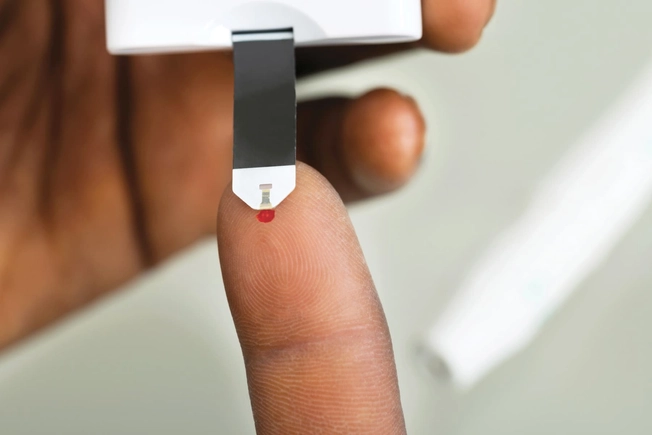
Diabetes
Skin problems are sometimes the first sign of this disease. If you're itchy, it could be a yeast infection or dry skin, among other things. When circulation is the problem, your lower legs may be the itchiest. It's important to treat your diabetes, but you can also soothe the itch if you take shorter showers or baths, use mild soap, and moisturize afterward.
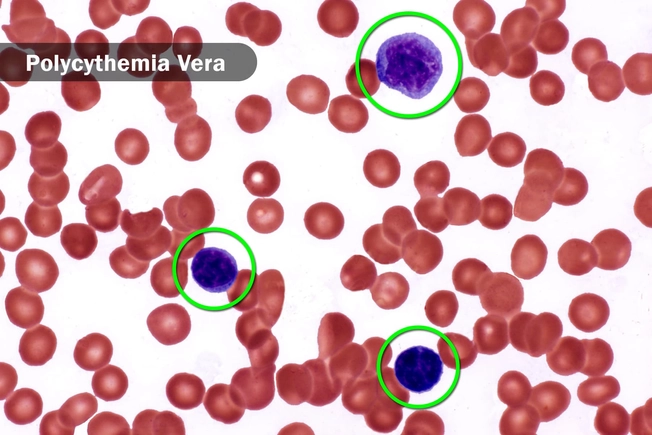
Cancer
Itching is only rarely a sign of this disease, but it's possible. A type of blood cancer called polycythemia vera may cause it, especially after a warm bath or shower. You also may get tired or dizzy or have trouble breathing. Pancreatic cancer can make you itchy if a tumor blocks bile ducts and causes a buildup that leaks into the skin. And scaly, red skin that itches could be a sign of one type of lymphoma.
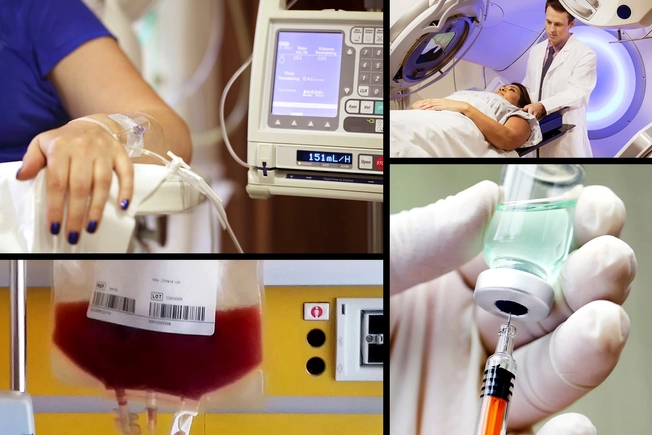
Cancer Treatments
Dry, itchy skin is a common side effect of chemotherapy, radiation, targeted therapy, and stem cell transplants. It helps to avoid skin irritants like harsh soaps, perfumes, and detergents and to keep your bath water warm rather than hot. And remember to moisturize soon after you bathe. Talk to your doctor about other ways to manage itchy skin linked to your treatment.
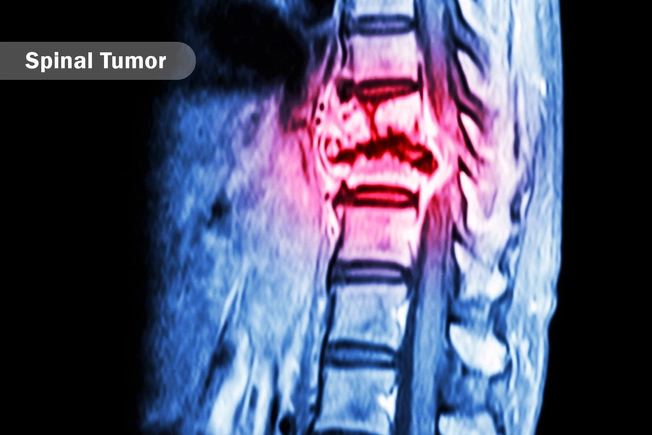
Tumors
Anything that grows on or near the spinal cord or brain stem can lead to "neuropathic" itch. It happens when the affected part of your nervous system misfires. Your doctor can suggest ways to ease the itching and keep yourself from scratching too much.
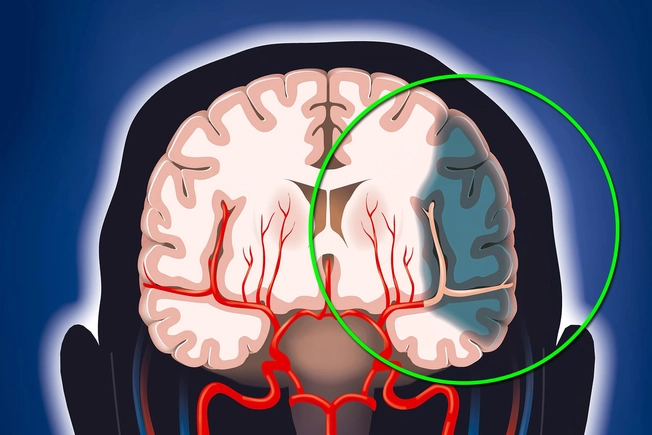
Stroke
It cuts off blood to part of your brain. Your throat, jaw, or ear might itch if it affects cranial nerves close to your brain and spinal cord. And damage to certain brain tissue can cause itching through the trigeminal nerve in your face. This can lead some people to scratch until they do serious damage to the skin around their cheek and nose.
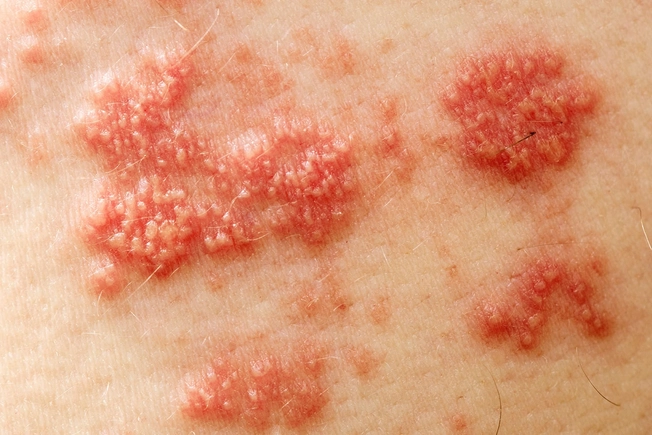
Shingles
You only get it if you've had chickenpox. Along with a painful, blistering rash, the virus sometimes kills cells in a part of your brain called the sensory ganglia. This could lead to pain and itching for months after the rash is gone. It happens in about half of all people who have a shingles outbreak, though it's more common if your rash was on the face or neck. Treatment can be effective, especially if started early to lessen the chance of complications.
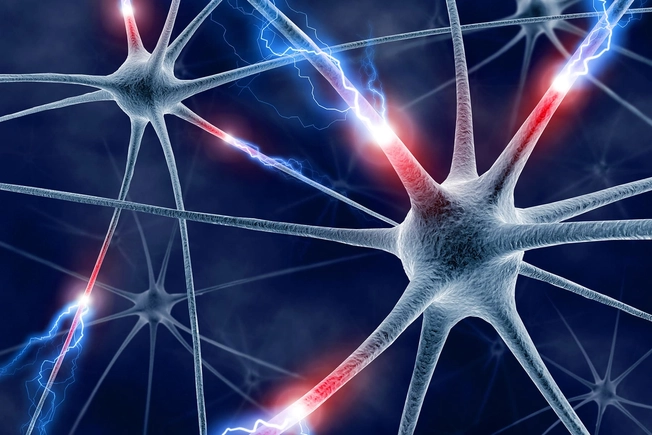
Multiple Sclerosis
It slowly damages the nervous system and can cause sudden, intense bouts of pain, tingling, burning, or itching anywhere on your body. The disease may also affect cranial nerves or brain tissue that could make you itchy for longer periods in the face, throat, jaw, or ear. Your doctor can suggest medicine that helps bring relief.
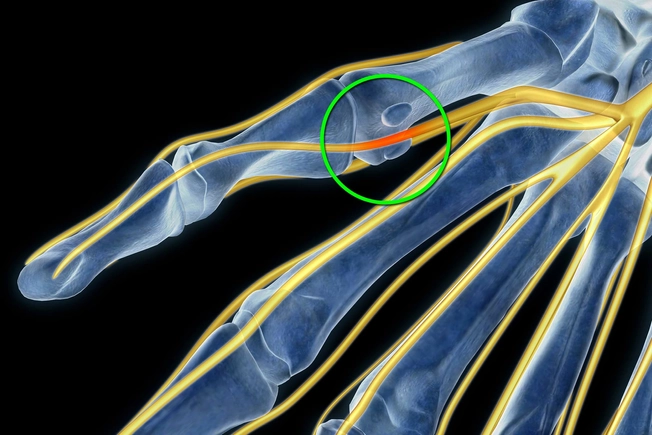
Pinched Nerve
This could be the cause if you have an itchy patch with no rash in just one area of your body. It can happen in a fall or an accident or because you repeat a movement too much, like typing. An infection might lead to swelling that presses on a nerve. Sometimes it goes away with rest, anti-inflammatories, and physical therapy, but you may need surgery if you have a serious case.
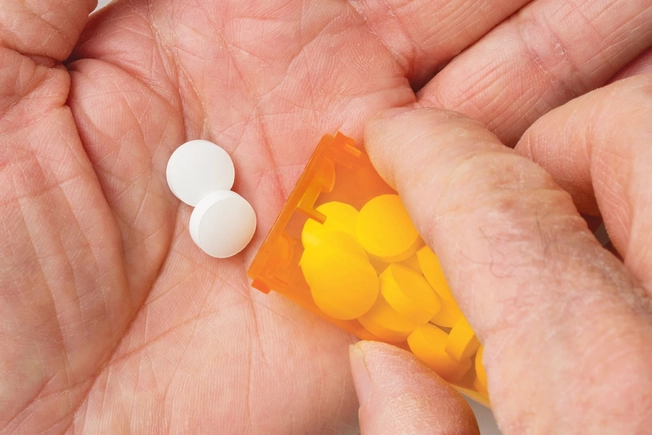
Medications
They sometimes cause a reaction that makes you itch. You may have a rash, but not always. Sometimes your skin looks normal and itches anyway. Typical culprits include antibiotics, antifungals, antimalarials, and narcotic pain drugs like opioids. Talk to your doctor before you stop or change the dose on any medicine.
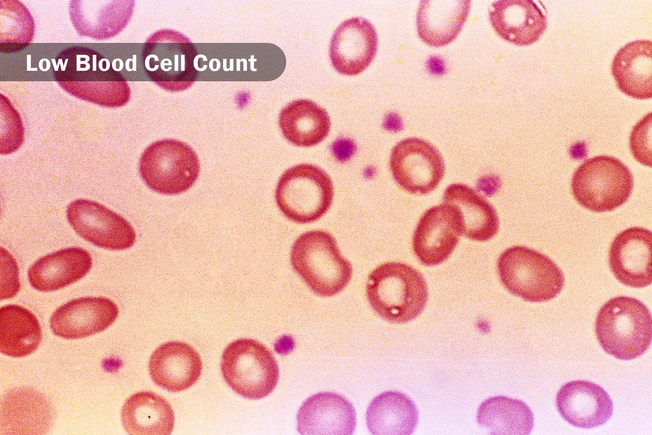
Lack of Iron
It causes anemia, which means you don't have enough red blood cells. That may make you tired, weak, and short of breath. And your skin could get pale and itchy. You can get iron from red meat, beef liver, oysters, and dark chocolate. And manufacturers add it to breakfast cereals. Ask your doctor about how to avoid foods and medications that make it harder to absorb iron, and find out if supplements are a good idea for you.
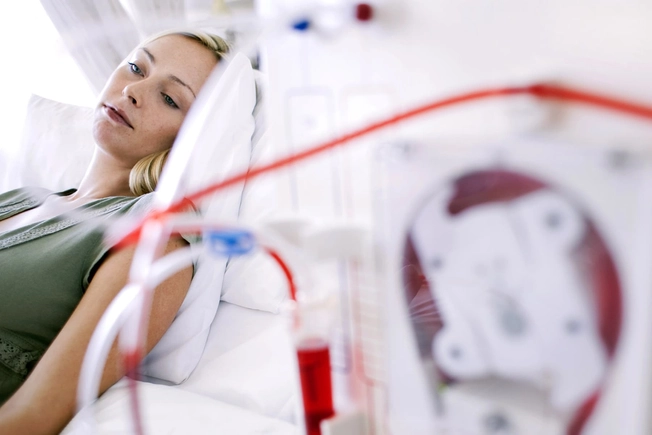
Kidney Dialysis
It's a blood cleaning process that can make your skin itch in one spot or all over. Too much or too little dialysis might upset the balance in your blood. Also, it takes extra water from your body, so if you don't drink enough, your skin could dry out and trigger itchiness. And it sometimes causes too much phosphorus in your blood, which can bind to calcium and cause itching. Check with your doctor if you notice this symptom.

Restless Legs Syndrome
It may feel as if the tissue deep under your skin is crawling, creeping, aching, tingling, or itching. You get a strong urge to move your leg, especially if you've been still a while. Doctors aren't sure what causes it, but it could have something to do with a brain chemical called dopamine. Medications can treat it.

Mental Health
Anxiety, stress, and depression could make any itchiness you have from another condition feel more intense. If you have obsessive-compulsive disorder, your frequent handwashing or bathing can dry out, damage, and irritate your skin. Other conditions might make it harder to stop scratching, which makes you even more itchy. Let your doctor know if you feel anxious or depressed, or you think your mental health affects your skin.
IMAGES PROVIDED BY:
1) Eraxion / Thinkstock
2) dolgachov / Thinkstock
3) AndreyPopov / Thinkstock
4) STEVE GSCHMEISSNER / Science Source
5) (Clockwise from top left) BrianAJackson, Mark Kostich, bdspn / Thinkstock, Fnaq / Wikimedia Commons
6) stockdevil / Thinkstock
7) ISM / P. MARSEAUD / Medical Images
8) clsgraphics / iStockPhoto
9) ktsimage / Thinkstock
10) 3D4Medical / Science Source
11) Smartstock / Getty Images
12) Biophoto Associates / Science Source
13) SPL / Science Source
14) Thomas Northcut / Thinkstock
15) Amana Images Inc / Getty Images
SOURCES:
American Diabetes Association: "Skin Complication."
Cancer.net: "Skin Conditions."
Clinical Dermatology: "Psychosomatic factors in pruritus."
Current Problems In Dermatology: "Drug-Induced Itch Management."
Dana-Farber Cancer Institute: "Is Itching a Sign of Cancer?"
DermNetNZ: "Iron deficiency."
HealthyWomen.org: "Thyroid Disorders."
Mayo Clinic: "Restless legs syndrome," "Itchy skin (pruritus)," "Pinched nerve," "Cholestasis of pregnancy."
National Kidney Foundation: "Dialysis: Dry, Itchy Skin."
National Multiple Sclerosis Society: "Itching."
National Institutes of Health Office of Dietary Supplements: "Iron."
Pain: "Itch and neuropathic itch."
Pregnancy, Birth and Baby: "Itching During Pregnancy."
Seminars in Cutaneous Medicine and Surgery: "Neuropathic Itch."